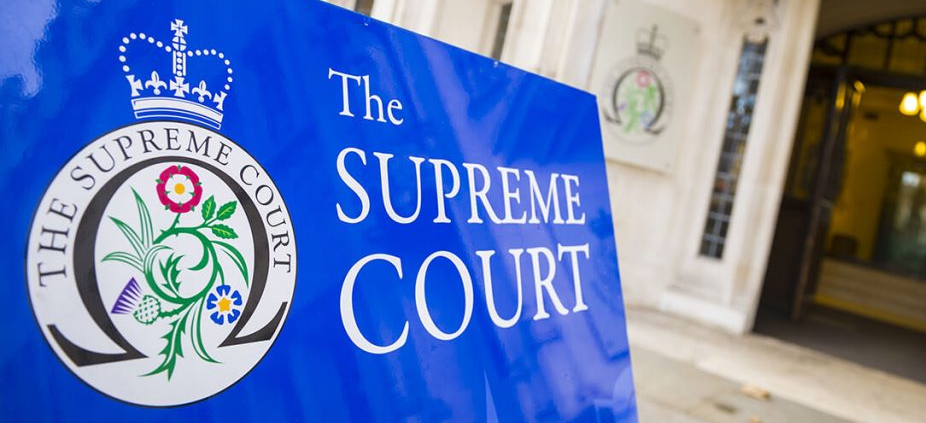
Judgment Day: Supreme Court to Rule on Lenders Found Guilty of Bribery in Car Finance Scandal
This Friday at 4.35pm — just 35 minutes after UK financial markets close — the Supreme Court will deliver its ruling in a landmark car finance case that has already seen major lenders found guilty of bribery and dishonest assistance under common law.
The timing is unprecedented. The UK’s top court almost always hands down judgments at 9.45am. But with billions of pounds in potential liabilities and the reputations of major financial institutions at stake, the Court appears to be taking deliberate steps to shield the markets from immediate panic.
The Court insists “no inference should be drawn from the timing of the hand-down.” But few are buying that line. Especially not when Close Brothers and MotoNovo Finance (a division of FirstRand Bank) — both at the heart of this scandal — have already been found liable in the Court of Appeal for making secret commission payments to car dealers without customer knowledge or consent.
The misconduct is serious. In one case, the commission was completely undisclosed; in others, it was buried in the fine print of the credit agreement. The Court of Appeal found that this constituted either:
- The tort of bribery
- Dishonest assistance
- An unfair relationship under the Consumer Credit Act 1974
In plain terms: car dealers were receiving secret kickbacks from lenders, and the courts ruled this as unlawful under long-established principles of justice.
Both Close Brothers and MotoNovo Finance were, and remain, fully authorised and regulated by the Financial Conduct Authority (FCA). That raises serious questions not just about the lenders’ conduct — but about the regulator’s own role and oversight.
If these lenders committed what courts have recognised as common law bribery and dishonest assistance — under the supervision of the UK’s top financial watchdog — what does that say about the FCA’s effectiveness, independence, or complicity?
Close Brothers Ltd has been authorised by the FCA since 1 December 2001 (FCA Reference No. 124750), while
MotoNovo Finance has been authorised since 17 September 2008 (FCA Reference No. 476154).
These were not isolated incidents by unregulated fringe operators — they were committed by long-standing FCA-regulated financial institutions, under the supposed supervision of a regulator whose primary duty is to protect consumers and uphold market integrity.
“If a private citizen secretly accepted thousands in unlawful payments, they’d be prosecuted without hesitation. But when financial giants do it under the FCA’s watch, the political response is to shield them — even to consider retrospective legislation to undo the courts’ findings.”
Indeed, Chancellor Rachel Reeves is reportedly weighing legislation to limit the ruling’s impact — legislation that could protect banks and lenders after the fact from the legal consequences of their conduct. It’s a move critics say would amount to rewriting the law to protect guilty parties once they’ve lost in court.
In February, the Treasury tried to intervene in the Supreme Court case, citing fears of financial instability. The Court rejected that application.
Now, with up to £40 billion in claims potentially on the table and millions of consumers affected, this Friday’s ruling could send shockwaves through the legal, political, and financial establishment.
But win or lose, Close Brothers, MotoNovo, and — by association — the FCA itself are already on the wrong side of history. They’ve been found guilty of systemic misconduct, and the regulators failed to prevent it.